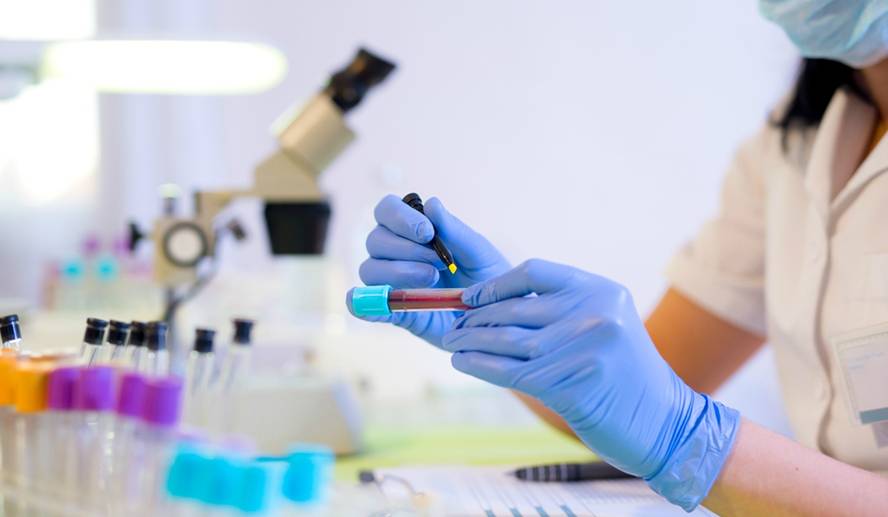Protein found to affect 200 genera related to autism
A group of international researchers discover that a protein can be key in the development of autism. The work has been published in the journal Nature.
Through genetic studies conducted in recent years to thousands of people with autism syndrome, the problems of expression or functioning of about 200 genes have been linked to the risk of autism. But the reason why these genes were not expressed correctly was not known. Now, in this new research, it is observed that in most cases of autism the activity of the protein CPEB4 is altered and that this protein influences the regulation of most of the 200 genes related to autism. “We have seen how the change of a single protein influences the expression of a lot of genes related to the risk of autism,” says UPV neuroscientist Olga Peñagarikano Ahedo, who has participated in the research.
During research on how the CPEB4 protein influences gene expression in mice, it was accidentally discovered that it affected most genes related to the autism spectrum. “In people with autism we have stated that this protein is altered and when we alter it in the mouse develop a symptomatology similar to that of autists,” explains Peñagarikano.
This protein regulates in the embryo many of the genes needed for brain development. “Although we have known for a long time that autism is a mainly genetic disease, only 25% of cases of autism know the genetic cause, so it is clear that something else can be influenced by environmental factors,” says Peñagarikano. “This protein can be the relationship between environmental factors and genes related to autism. We need to know the factors that modify the activity of the protein CPEB4”.






